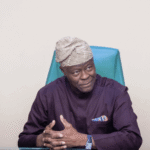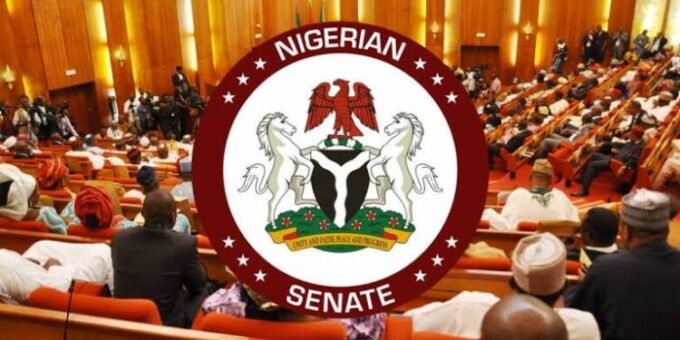The World Bank has cautioned that the economic reforms introduced by the Federal Government have yet to improve the lives of millions of Nigerians, warning that 139 million people still live in poverty.
Matthew Verghis, the bank’s Country Director for Nigeria, gave the warning on Wednesday during the launch of the Nigeria Development Update (NDU) in Abuja.
Verghis commended the government for what he described as “bold and historic” reforms, particularly the removal of petrol subsidies and the liberalisation of the foreign exchange market.
He said the measures had stabilised Nigeria’s economy by boosting revenue, improving debt indicators, and helping to slow inflation.
“Growth has picked up, revenues have risen, debt indicators are improving, the FX market is stabilising, reserves are rising, and inflation is finally beginning to come down. These are big achievements, and many countries would envy them,” he said.
However, he stressed that the benefits have not trickled down to ordinary Nigerians.
“In 2025, we estimate that 139 million Nigerians live in poverty. The challenge is clear: how to translate the gains from the reforms into better living standards for all,” Verghis noted.
The NDU report, titled “From Policy to People: Bringing the Reform Gains Home,” proposed a three-pronged approach — reducing inflation, improving efficiency in public spending, and expanding social safety nets.
According to him, food inflation remains one of the most pressing challenges.
“Food inflation affects everybody, but particularly the poor, and it has the potential to undermine political support for reforms. Tight monetary policy is important, but it must be complemented by structural reforms to address deep-seated supply and market constraints,” he explained.
He also urged the government to channel public resources more effectively and strengthen welfare programmes that can cushion the impact of rising costs on vulnerable citizens.
“These are not abstract ideas — they are practical steps that can turn macro-stability into better livelihoods,” Verghis said, adding that the World Bank would continue to support Nigeria with policy advice, technical assistance, and financing.
Do you want to share a story with us? Do you want to advertise with us? Do you need publicity for a product, service, or event? Contact us on WhatsApp +2348183319097 Email: platformtimes@gmail.com
We are committed to impactful investigative journalism for human interest and social justice. Your donation will help us tell more stories. Kindly donate any amount HERE





















Leave a comment